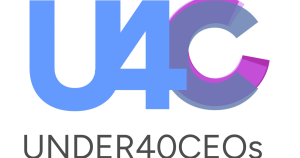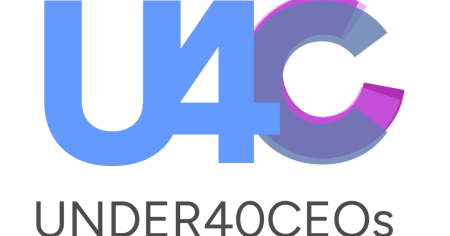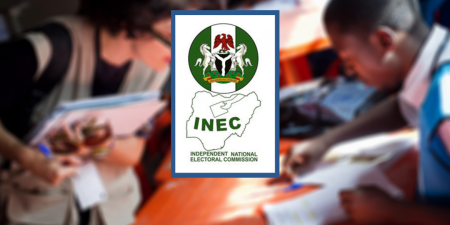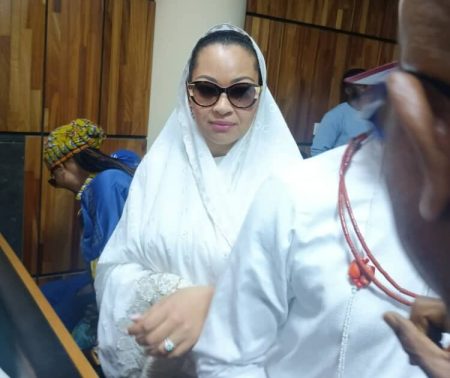The Nigeria Market Research Association (NIMRA) International Conference 2025, themed “Beyond the Horizons: AI and the New Frontiers,” convened stakeholders from diverse sectors, including finance, medicine, academia, and research institutions, to explore the transformative potential of artificial intelligence (AI) in market research. The consensus among participants was a resounding call for a paradigm shift from traditional research methodologies towards AI-powered approaches to enhance productivity across industries. The conference, held in a hybrid format in Lagos, enjoyed sponsorship from prominent organizations like MTN, Esomar World Research, the World Association for Public Opinion Research, the African Market Research Association, CMRG Ltd, Ipsos, and MRC, underscoring the significance of the topic.
Professor Samson Arekete of Redeemer’s University, in his keynote address, “Development Practice and AI: Evolution and Current Landscape,” positioned AI as a revolutionary force capable of executing tasks, both simple and complex, at speeds far exceeding human capability. He emphasized AI’s potential to revolutionize various fields, from medical research, where AI tools can analyze X-rays to identify patterns imperceptible to the human eye, to market research, where it promises to enhance data collection, analysis, and interpretation. However, Professor Arekete stressed the critical need for market researchers to undergo comprehensive training, particularly in cognitive skills, to effectively leverage these emerging technologies. He further highlighted the application of AI in monitoring the effectiveness of socio-economic programs and measuring service quality, especially in sectors like telecommunications.
Professor Arekete illustrated the practical applications of AI by referencing the early adoption of market research by Nigerian telecom operators like MTN, Airtel (formerly Econet), and Globacom. These companies utilized market research to ensure business viability before launching their services. He explained how AI tools can now be deployed to monitor call quality and ensure seamless communication experiences, thereby enabling market researchers to provide enhanced services to their clients. This example demonstrated how AI can be instrumental in improving service delivery and customer satisfaction in a crucial sector like telecommunications.
However, the keynote speaker also cautioned against the potential misuse of AI, particularly in disseminating misinformation. He pointed to the dangers of deepfake technology, which can create highly realistic but fabricated images and videos, potentially attributing false statements to public figures and damaging their reputations. Professor Arekete underscored the ethical considerations surrounding AI, stressing the importance of data privacy and security to prevent breaches and unethical practices. He emphasized the need for responsible AI development and deployment to mitigate the risks associated with this powerful technology.
The second day of the conference was dedicated to policy research, reflecting its increasing importance in the field. Ajibike Ajayi, Vice President of NIMRA, highlighted the diverse focus of agencies within the market research landscape, with some specializing in marketing and branding, while others concentrate on social research, examining people, policies, and government decisions. This dedicated focus on policy research underscores its growing significance in understanding societal trends and informing policy decisions. The conference also featured a client summit to facilitate engagement between researchers and clients, enabling feedback, progress assessment, and identification of areas for improvement.
Yemisi Makinde, Chairperson of the Events and Publicity Committee at NIMRA, outlined the association’s composition, encompassing researchers from agencies, corporate clients, and NGOs. She emphasized NIMRA’s core mission of collecting and analyzing data to inform decision-makers and cater to the needs of consumers, shoppers, and policymakers. Makinde elaborated on the crucial role of market research in shaping brand and government strategies through feedback and behavioral analysis, underscoring the significant impact of the industry on the economy. She concluded by emphasizing the essential nature of embracing AI-enhanced research methods in a data-driven economy, asserting that it is no longer optional but a necessity for staying competitive and relevant.
In summary, the NIMRA International Conference 2025 served as a crucial platform for advocating the integration of AI in market research. The consensus view was that AI offers unprecedented opportunities to enhance productivity and efficiency across various sectors. Experts emphasized the need for comprehensive training to equip researchers with the skills necessary to effectively utilize AI-powered tools. While acknowledging the transformative potential of AI, speakers also cautioned against its potential misuse and stressed the importance of ethical considerations, data privacy, and responsible deployment. The conference highlighted the diverse applications of market research, ranging from branding and marketing to social research and policy development, emphasizing the crucial role of data in informing decisions across all sectors. The overriding message was clear: in today’s data-driven world, embracing AI in market research is not just an option, but a necessity for staying ahead of the curve and driving meaningful progress.














